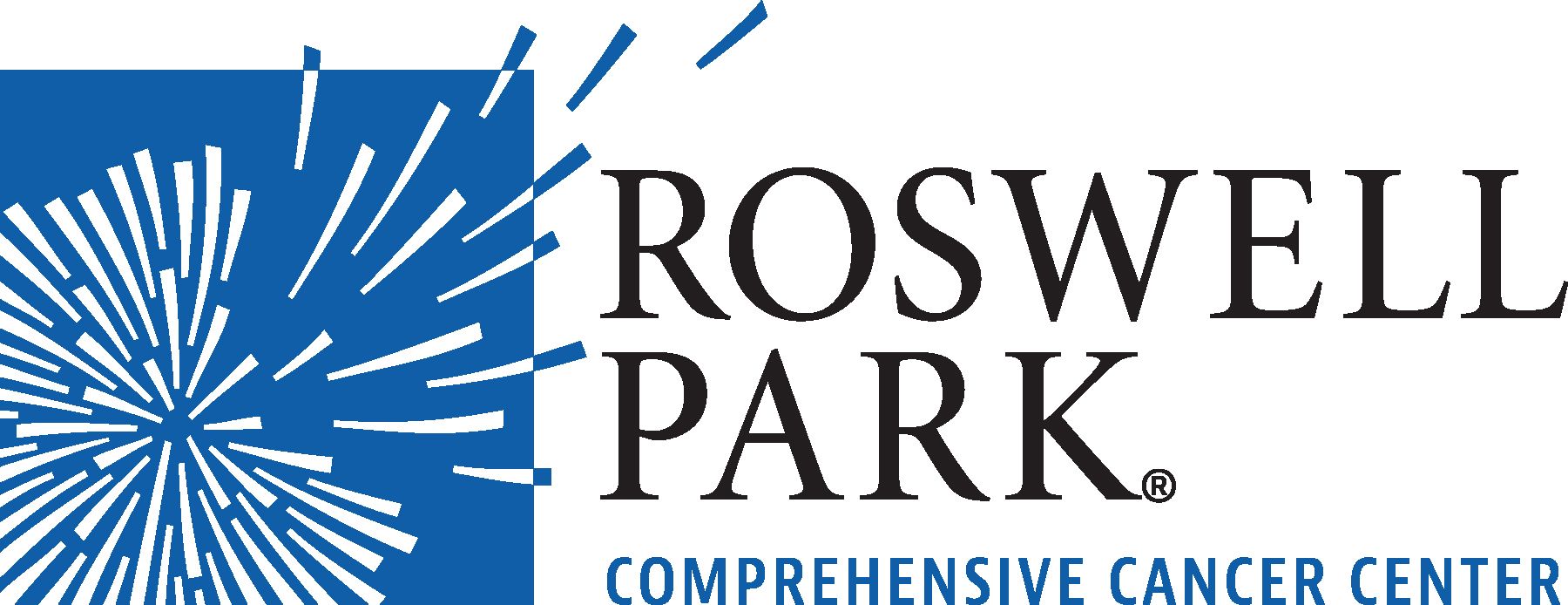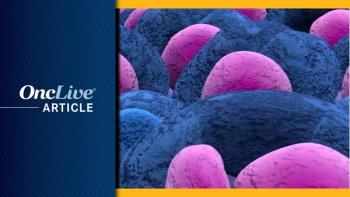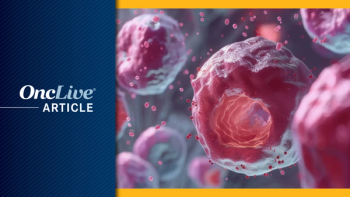
Roswell Park Clinical Trial Points Toward Promising New Therapy for Most Aggressive Type of Breast Cancer

Key Takeaways
- A new treatment for TNBC showed a 66% remission rate in a phase 1 trial, with no immune-related adverse events.
- The regimen combined neoadjuvant chemotherapy with a chemokine modulatory regimen, including rintatolimod, interferon alfa-2b, and celecoxib.
A treatment approach developed at Roswell Park Comprehensive Cancer Center has shown promising results in a phase 1 clinical trial for patients with TNBC.
A new treatment approach developed at Roswell Park Comprehensive Cancer Center has shown promising results in a phase 1 clinical trial for patients with triple-negative breast cancer (TNBC), the most aggressive type of breast cancer. Results of the study are
Conducted exclusively at Roswell Park and led by clinical principal investigator
Five of nine patients enrolled in
“We are very excited with these promising results from our study of a new treatment combination for patients with this most highly aggressive form of breast cancer, triple-negative breast cancer,” says Dr. Gandhi, a medical oncologist and staff physician at Roswell Park. “Because this initial study was in a small number of patients, it will be important to validate these findings in a larger study.”
Patients in the clinical trial received neoadjuvant chemotherapy, which is given to shrink the tumor before surgery. The treatment combined paclitaxel (brand name Taxol), a chemotherapy drug, along with a type of immunotherapy called a chemokine modulatory regimen (CKM). Both work by preventing tumor cells from growing. The CKM therapy included the drugs rintatolimod (brand name Ampligen), interferon alfa-2b (brand name Intron A) and celecoxib (brand name Celebrex). Patients also received the chemotherapy drugs doxorubicin (brand name Adriamycin), which kills cancer cells, and cyclophosphamide (brand name Cytoxan), which stops their growth.
The current standard regimen that combines neoadjuvant chemotherapy with the immunotherapy pembrolizumab (brand name Keytruda) can produce the same the rate of complete remission, but it also increases the risk of immune-related adverse events.
The study was informed by the observation that following neoadjuvant chemotherapy, higher numbers of cytotoxic T lymphocytes (CTLs) — cancer-killing immune cells — in a patient’s tumor tend to predict a greater likelihood of complete remission. The team showed that administering rintatolimod and interferon alpha together raised the level of beneficial chemokines that attract CTLs while suppressing undesirable chemokines that attract regulatory T cells (Tregs), which limit the immune system’s tumor-fighting power. Their work also demonstrated that the CKM regimen triggered production of beneficial chemokines in tumor tissue but not in healthy tissue. The clinical trial results reflected the results of the preclinical work; patients’ tumors contained higher numbers of CTLs after the chemotherapy/immunotherapy combination was administered.
Florida-based biopharmaceutical company AIM ImmunoTech Inc. supplied the rintatolimod for use in this study.



































